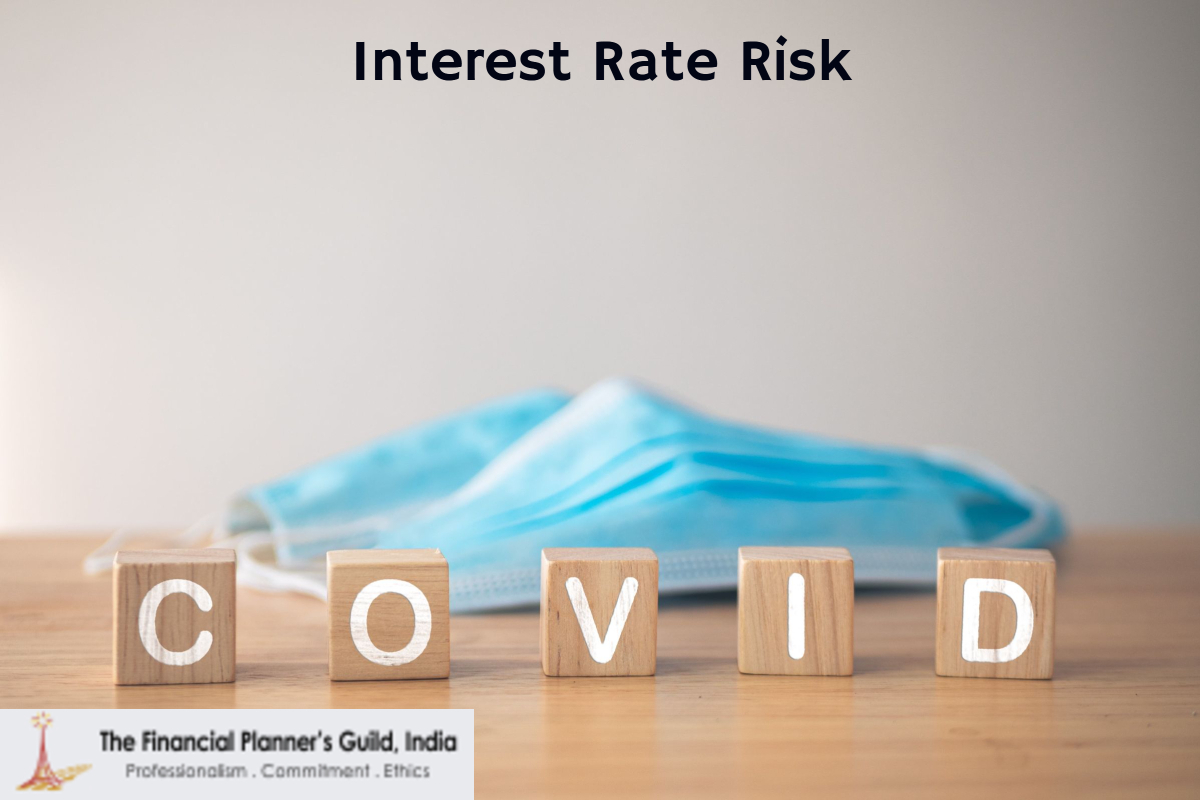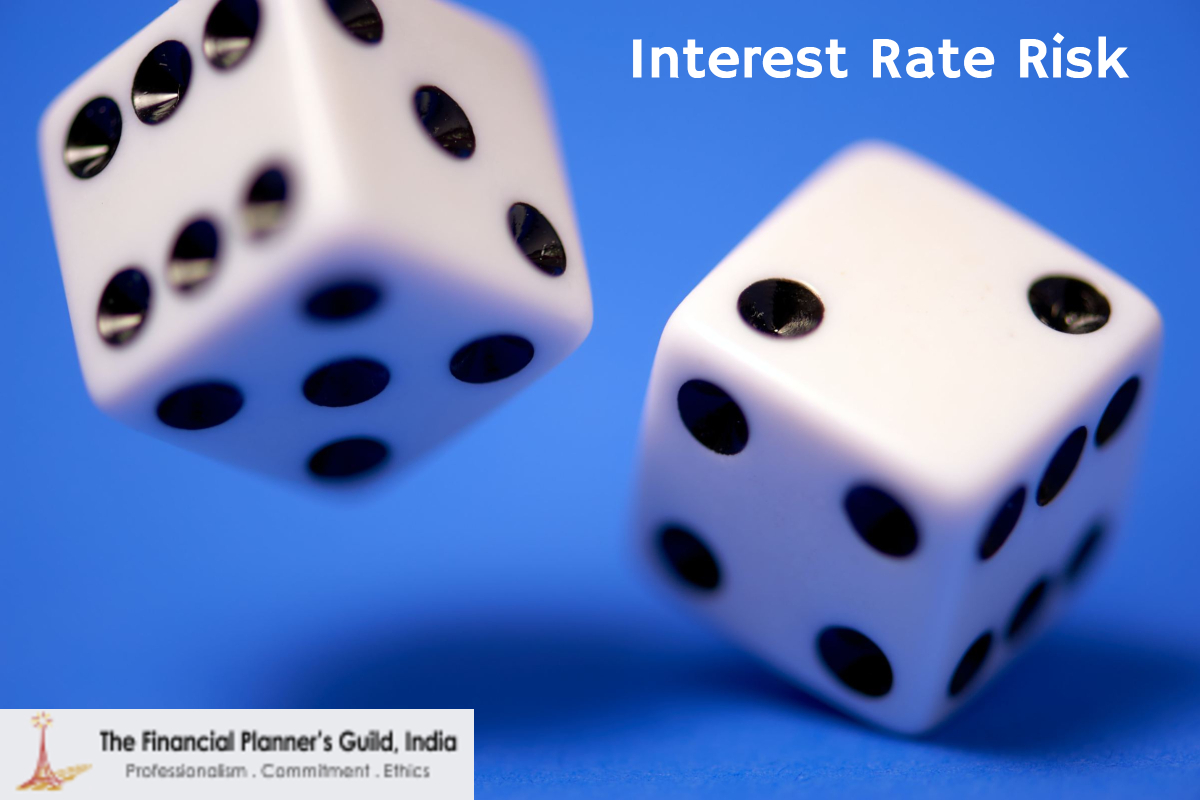
Most people who invest are broadly aware that stock markets go up and down all the time, and thus they find it risky. Unlike the stock market risk, most people are unaware of interest rate risk in the debt products.
Every time the Reserve Bank of India announces a change in rates or takes some action to manage the liquidity or currency, there is a direct impact on all traded debt instruments and interest rate risk comes into play. Some of the commonly held instruments that get impacted by interest rate risk are debt mutual funds, bonds and non convertible debentures.
Fixed rate instruments like bank deposits are not impacted by these announcements as they are not marked to market. Let us understand how changes in interest rate can impact these holdings.
Debt mutual funds consist of a mix of various debt securities of which might have different maturity dates. Every debt security has two components which add up to the income/gain that can be generated from that security.
First component is a coupon which is the fixed interest that accrues or is paid at fixed intervals and the second is the price which fluctuates as per interest rate dynamics in the market.
The coupon part is a steady accrual unless there is a default by the issuer of the security. Say you hold a bond (or your debt mutual fund holds a bond) of Rs 100 paying a coupon of 7% for 5 years. Now if the rates are cut, new bonds will be available with coupon of let’s say 6.75%. Hence the value of your bond increases as you are getting an interest that is better than what the market is offering currently. That means you can sell your bond in the market for more than Rs 100.
Inversely if the new bonds are available at 7.25%, others will pay you less than Rs 100 for each bond. If your bond was a 10 year paper instead of a 5 year paper, it would face more such occasions when its price would fluctuate depending on the interest rates in the system. Hence a bond which is of longer tenure will be more volatile than a shorter tenure bond.
If you decide to hold your bond for the entire 5 years, these ups and downs will not affect you, it essentially means that you are protected from interest rate risk by holding it to maturity. You will continue getting your 7% coupon and will get the principal of Rs 100 at the end of 5 years.
As debt funds work in a dynamic market where they are expected to account daily for the changing rates in the market, which means they are marked to market, the NAVs change on a daily basis. In normal circumstance, the change is very small. A big change in NAV can happen if there is a drastic change in the interest rate or a widely held company paper defaults on its payments.
Thus when you select a debt fund for investment choose the one which says it has average maturity close to your required holding period. This way you reduce your risk. If the interest rate risk plays out while you are holding the fund, if the fund holds the securities in its portfolio till maturity, it will ensure that it earns a return equivalent to its coupon, less charges. If you hold a fund which has average maturities that are different than your investment horizon, you will be exposed to volatility risk due to interest rate fluctuations.
If you ever face a situation where there is an unexpected interest rate movement which impacts your debt holdings, the first principal is not to panic. Evaluate the impact of the announcements on your holdings, each person might need to have different action based on their portfolio and requirements. So just because your friend has decided to get out of his debt fund as the NAVs are falling, you need not imitate the action. Your portfolio might be impacted differently.
The second principal is revisiting, and stick to your asset allocations. In panic situations, asset allocation can be a saviour by keeping you on track for your goals. You might also have an opportunity to buy into debt at falling NAVs, like you do for equity, but a caveat here- do not be in a hurry to act. Let the events play out. There might be more news coming which you need to look at before deciding on which way to go.
Interest rate risk plays out differently at different points in the rate cycle. Funds that fall, may or may not recover to give you capital gains, but the coupons which will aggregate over a period of time will reduce or wipe out the losses over a period of time. If things are okay fundamentally, by panicking, you may end up converting a notional loss into an actual loss.
In conclusion, while debt products are considered to be safe as the value does not wildly fluctuate over time, interest rate risk can change that situation. Investors should keep this risk in mind when they choose their debt investments.
FPG India ©2024. All Rights Reserved.
Designed & Developed by W3M Technoz